The Navy is looking to adopt artificial intelligence (AI) technology for its warships, to enable automated decision-making on vessels.
The UK Government’s Defence and Security Accelerator (DASA) has announced a first wave of £4 million funding to revolutionise how modern warships make decisions and process intelligence and data.
But with AI comes other responsibilities; The Navy, and other operators, must ensure they have the testing and maritime training in place to support these systems.
This is where maritime simulation can play a critical role in the maritime defence industry.
Intelligent Ship
DASA’s Intelligent Ship project focuses on developing inventive platforms that enable an effective interface and interactions between humans and AI, as well as AI to AI interactions.
This includes how artificial intelligence works with various defence platforms, covering warships, aircraft and land vehicles.
Global threats continue to evolve at a rapid pace, and this requires new technology that supports innovative ways of coping with them, and protecting ourselves against them.
DASA is working on behalf of the Defence Science and Technology Laboratory (DSTL), looking at how future defence platforms can best exploit the following:
- Artificial intelligence
- Machine learning
- Automation
- Autonomy.
By doing this, DASA is investing in both current and future developments, and innovative approaches to the application of technology within defence platforms.
The Intelligent Ship programme is using the warship as a prototype to demonstrate the complexities of an automated and AI-driven environment.
The plan is for the project to develop the applications essential to optimising automated decision-making on ships, and then support similar developments relevant to all military services and defence equipment.
The American Perspective on AI for Ships
Just as the Royal Navy is looking at artificial intelligence, so the US Navy has been investigating the use of AI technologies to automate decision-making and key processes.
Elements that the US Navy are focusing on include navigation and ship control, tactical analysis, sensors and weapons.
The Navy Space and Naval Warfare (SPAWAR) Systems Centre has awarded a $14 million contract to Imagine One, specialists in cyber engineering, interactive training and mission-critical programme management.
This is the Intelligent Technologies for Decision Making programme.
Developing the Skills to Work with Automation
One of the concerns the Royal Navy has is that crews are already facing information overload from multiple sources of information, data and intelligence.
The challenge, therefore, is to equip personnel with the skills they need to function effectively in this changing environment.
This requires combining automation, autonomy, artificial intelligence and machine learning with the real-life skills and experience of naval personnel.
Crews and operators need to be able to work with smart ship management systems and interact effectively with artificial intelligence.
They also need the right kind of preparation for dealing with the type of cyberwarfare that comes with increased automation and automated decision-making.
Maritime simulation facilitates various ways to familiarise personnel with these new technologies and their associated risks.
Specialist simulation platforms can create highly-realistic environments and scenarios, in which trainees then learn the skills they need to cope with the challenges of AI, automation and cyberthreat.
The MAK ONE suite from MAK Technologies, provides a virtual world (a.k.a synthetic environment) in which to conduct training, experimentation, mission rehearsal, research and development, and virtual prototyping. This open architecture platform includes surface and sub-surface vessel and human character simulation, realistic 2D and 3D visualization, distributed simulation networking, and 1st person simulator interfaces.These platforms include the MAK ONE suite of simulation packages, which create a whole-world synthetic environment simulation platform.
Artificial intelligence and automated decision-making on ships will not remove the need for human skills, but instead will require enhanced ways of working, and new skills for warship crews.
Maritime Simulator Training from ST Engineering Antycip
Synthetic Training Environments (STE) provide the necessary preparation for crew members in the modern navy, where automation is becoming an integral part of operations.
For more information about our specialist maritime training solutions, please contact us.




















